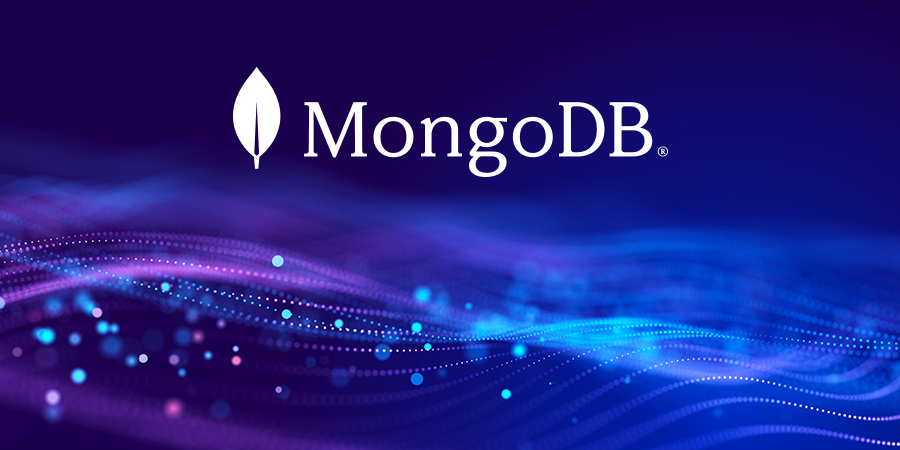MongoDB, Inc. has announced the release of MongoDB Atlas Vector Search and MongoDB Atlas Search Nodes. These new features aim to make it faster and more convenient for organizations to build, deploy, and scale next-generation applications at a lower cost.
MongoDB Atlas Vector Search simplifies the integration of generative AI and semantic search capabilities into real-time applications. This allows organizations to create highly engaging and customized experiences for end-users using their operational data.
On the other hand, MongoDB Atlas Search Nodes provide dedicated infrastructure for applications that utilize generative AI and relevance-based searches. This allows workloads to scale independently of the database and manage high-throughput use cases with greater flexibility, performance, and efficiency.
By combining these capabilities, MongoDB Atlas provides organizations with a solid foundation to seamlessly build, deploy, and scale applications that leverage generative AI and robust search capabilities. This results in improved operational efficiency and ease of use. Get started with MongoDB Atlas.
Chief Product Officer at MongoDB, Sahir Azam, stated that customers of all sizes, from startups to large enterprises, expressed their desire to utilize generative AI and relevance-based searches to develop next-generation applications. These applications aim to personalize customer engagement, increase efficiency through automation, and drive new product development.
However, customers are aware that complexity hinders speed, and the choice of a database is crucial in ensuring the success and speed of application development, deployment, and updates. With the general availability of MongoDB Atlas Vector Search and MongoDB Atlas Search Nodes, MongoDB aims to make it even easier for customers to use a unified, fully-managed, developer data platform.
This platform allows for the seamless creation, deployment, and scaling of modern applications. Ultimately, it provides end-users with personalized, AI-powered experiences that save time and keep them engaged.







